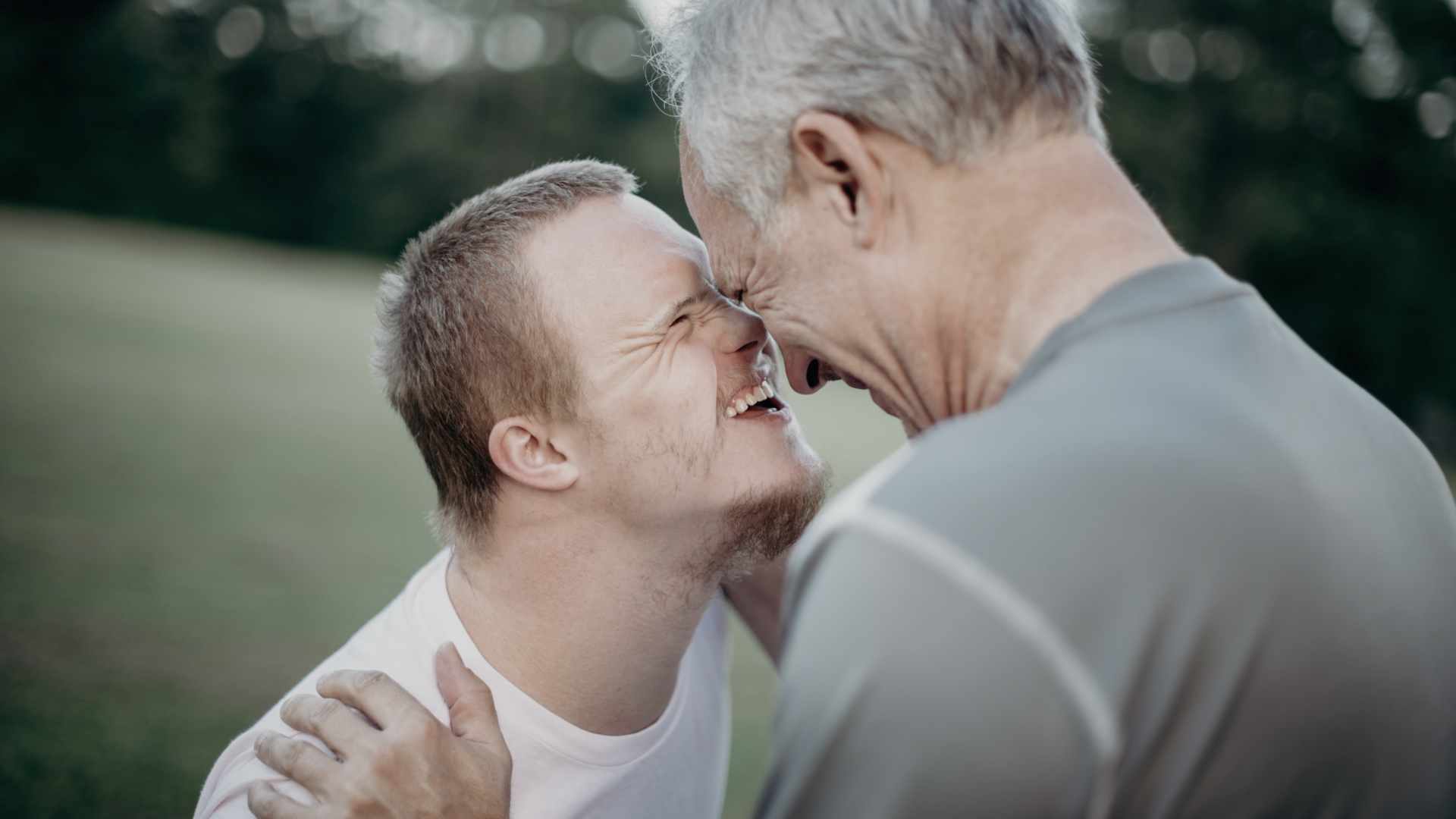What do you mean by befriending?
Befriending involves one person listening to and supporting another person who is going through a difficult experience. Our befriending projects cover certain specific areas (Bereaved Parent Support, Widowed Young Support, and Additional Needs Support) and if you speak to a Befriender, you will be put in touch with another person whose own experience is similar to yours.
Our Befrienders are there to hear your story, and support and encourage you on your journey. Contact is usually by telephone, and will continue for as long as you are finding it helpful. Some people prefer to maintain contact by email, which is usually possible, although not all of our Befrienders have access to email.
It’s really simple to connect with a befriender. Here’s how it works:
1. Call or email Care for the Family and ask to be put in contact with a befriender.
2. After listening to your story, our coordinator will link you to a befriender whose experiences best match your needs and situation, depending on availability.
3. The befriender will then contact you to start the befriending relationship.
To find out more about our befriending service call us on 029 2081 0800 or email mail@cff.org.uk.
More frequently asked questions...
Care for the Family currently offers befriending to three groups of adults – bereaved parents who have lost a child from stillbirth to 35 years, those widowed young (for anyone up to the age of fifty who has lost a partner, or older if you still have dependent children), and parents of children with an additional need.
(Other support, such as online or in-person events, is available through Care for the Family for all bereaved parents, including those who have had a miscarriage or lost a child over the age of 35.)
In relation to bereaved parents and those widowed young, we generally find that befriending is more appropriate once you have got through the very early days of bereavement. Befriending is therefore not usually offered within the first three months after your loss.
No, counselling is a very specific form of therapy undertaken by trained professionals. Our Befrienders are trained, but they are not counsellors; they are people who have travelled a journey similar to yours, and who really do understand some of what it feels like to be in your situation, and so can offer genuine understanding, empathy and emotional support.
Your enquiry will be received at Care for the Family and passed to the befriending coordinator for that project.
The coordinator will try to contact you within a few days of receiving your request, to arrange a suitable time with to talk with you and gain an understanding of your circumstances.
Next, they will find a suitable Befriender from the team and pass on your contact details. The Befriender will then contact you to start the befriending relationship.
The project coordinator is the person who acts as the link between you and the Befriender. The coordinator of each project has personal experience of the need they are supporting. Having spoken with you, they will know which of their team of Befrienders is the person best suited to understand and support you in your situation.
We are able to offer privacy, but not confidentiality. If the Befriender hears something that leads them to believe that you, or someone in your family, may be in danger, then they are legally obliged to pass on that information. We also offer supervision to our Befrienders during which they may share about a conversation they have had.
There is no limit to how long a befriending relationship can continue, and we would expect it to continue for as long as it is proving helpful to you.
For some people, one or two phone calls are all they need to help them through a particular situation; for others befriending may continue for several months.
It is your decision if you want to continue to be befriended, although the Befriender and coordinator will want to review progress with you periodically to ensure that they are still being of help and providing the level of support you need.
This is your decision. At the end of each phone call, you can arrange with your Befriender when you would like to speak again.
Initially, you may want to arrange for your Befriender to call on a regular basis, perhaps once every two weeks or so, but this will probably reduce after a while, depending on how you are feeling.
We would suggest that calls last no longer than an hour, as they can be quite emotional and draining. You can always schedule another call in the near future if necessary.
There will come a time when you and your Befriender agree that you no longer wish to continue with the befriending.
We are constantly seeking to ensure that we are meeting your needs, and improving the service we offer. We may contact you after you have completed your befriending to check that you were happy with the service, and to see if there are ways that it can be improved.
This will not normally be possible because we have a limited number of befrienders covering a wide range of needs.
If you have concerns, please ring Care for the Family at 029 2081 0800 and ask to speak to the project coordinator. They will contact you and see how they can help. If they are unable to help, they will endeavour to direct you to another agency that may be better able to help you.
Care for the Family takes its responsibilities to you very seriously, and makes every effort to ensure that we have correctly understood your needs and responded appropriately.
If for any reason you feel dissatisfied, please ring Care for the Family on 029 2081 0800 and ask to speak with the Supporter Relations Team Leader, who will be responsible for making sure that your concerns are addressed.
The befriending services are provided free of charge. Telephone contact will be initiated by the Befriender, so the cost of any telephone calls will be borne by the Befriender, who will be reimbursed by Care for the Family.
Care for the Family is a charity, and we are grateful to the many kind and generous individuals who donate to Care for the Family so that we are able to continue offering this service.



